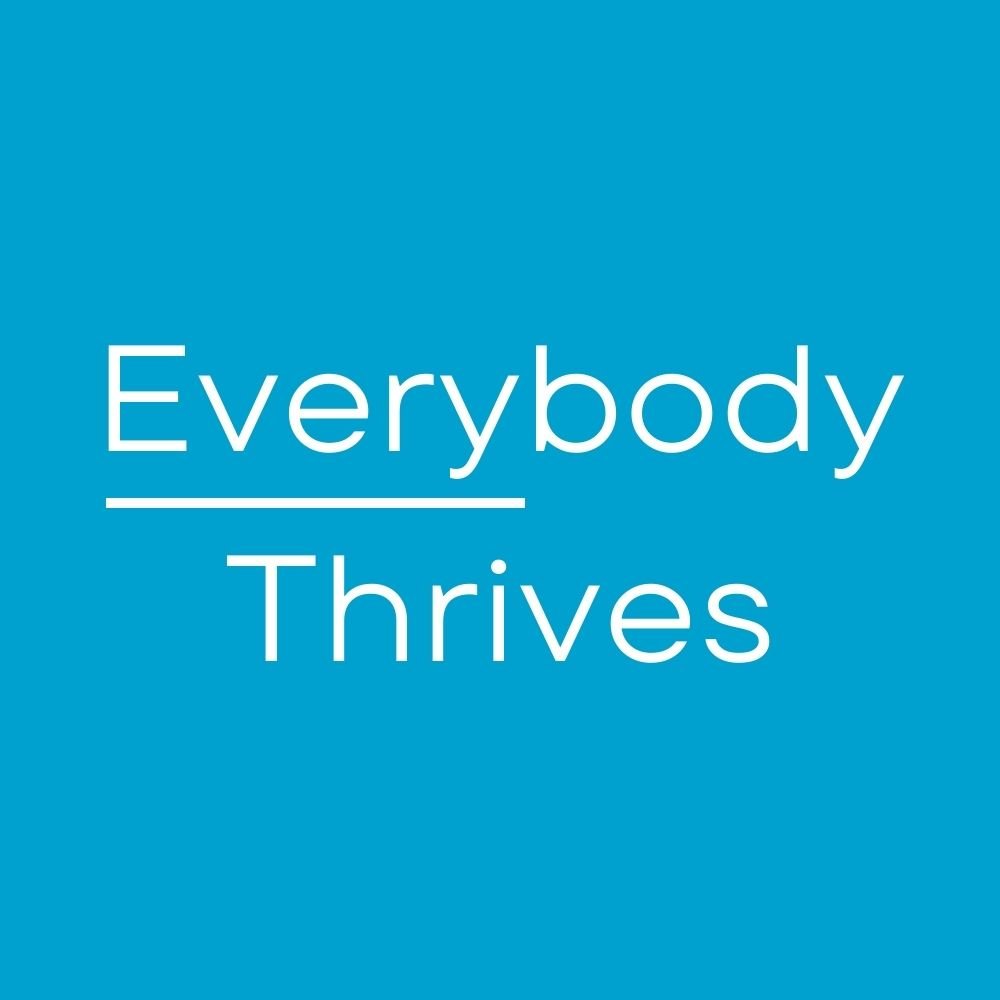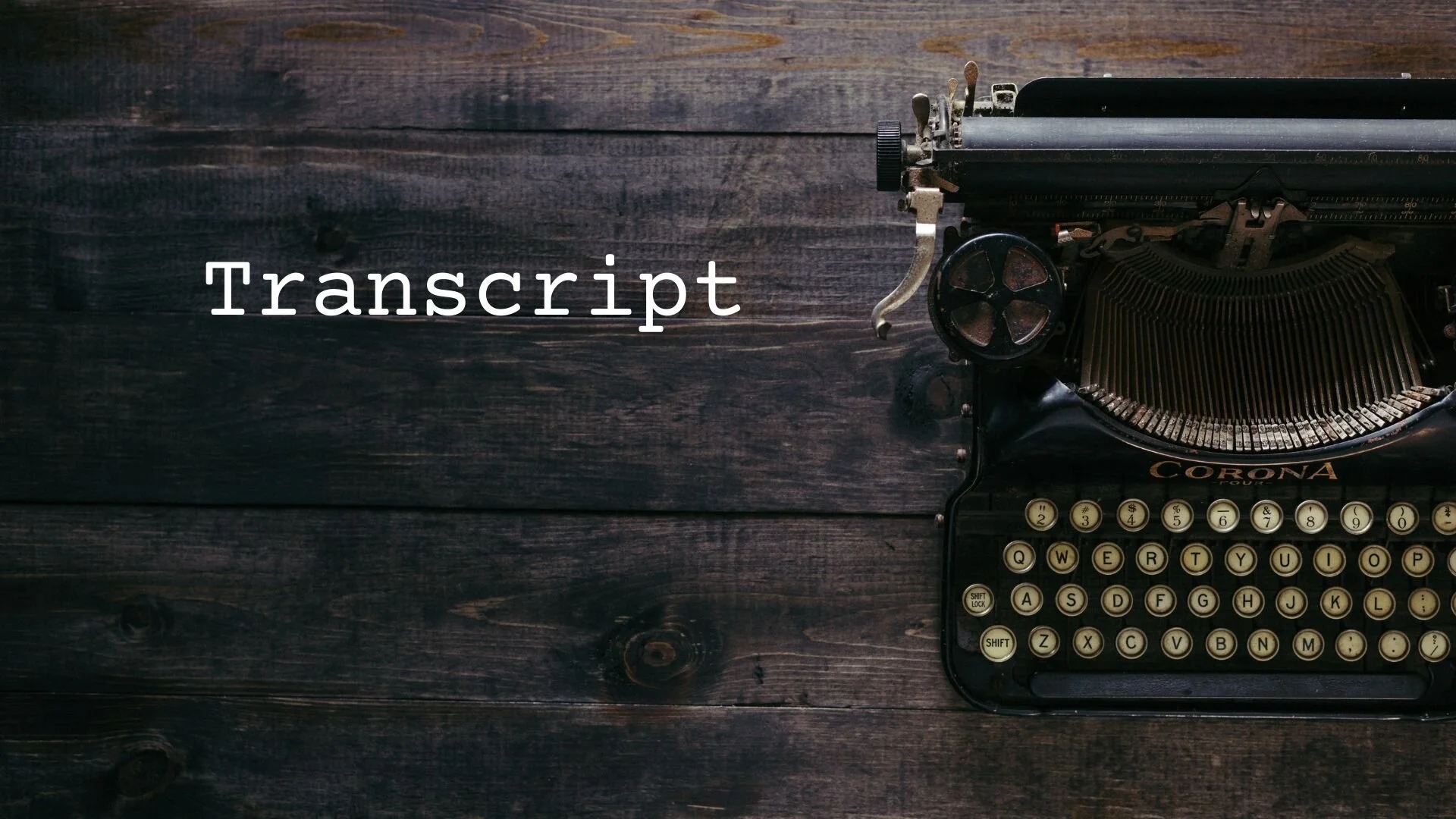Bonus: Making of a podcast - the polish
Monday, August 2, 2021
Today:
“Remember, it’s not what you say, do, or wear. It’s how you make people feel that generates executive presence. Nothing. Else. Matters.”
Hello, this is Joe Kwon, the Connection Counselor, and welcome to another edition of Executive Presence Morsels - bonus episodes. So we've been talking a little bit about how I make this podcast, as well as other podcasts. And so you can understand kind of the process and maybe you're the type of person who's thinking about doing a podcast yourself.
It's a really popular and creative medium, but maybe you don't have the confidence or the wherewithal to figure all that stuff out, in the crazy worldwide web with all the information that's out there. So what I'm trying to do here in 5 to 10 minutes is just share with you some of the basics that I've learned after years of doing this to maybe give you a jumpstart and get you started in the right direction.
There's plenty of additional information and you should probably talk to others, if you know, who've done this before. But hopefully this will just help you get situated.
So today we're going to talk about the polish, right. Making of a podcast - the polish. And what I mean by that is if you have been listening to podcasts, you'll notice that there's a difference between one that someone just makes on their own and one that's heavily, heavily produced right by a major news or production company. And here's the thing, even without all the resources and the staff, you can do little things to really Polish and upgrade the production of your podcast. So it seems, you know, nearly as good, right? No, one's going to mistake you for NPR tomorrow, but you can do things to really bridge the gap and they don't cost a lot of money and they aren't complicated. They just require a little bit of planning and execution. And probably the last part, which I'll talk about later, is consistency.
So, what are some of the basic things that make for a polished podcast? Well, one thing you'll notice is they always have an intro, right? And that intro could just be you talking about the show and what it's about. It could be someone, a friend or a person that you know, who does voiceover, who does the introduction. It can have a little bit of music playing in the background or you can go without music.
The key is. It's the opening of your show, kind of like when you watch a TV show or something on Netflix, it's that same opening every time. Now people can skip it or they can listen to it, but it's consistent and it's kind of a marker that, okay, this is where you are. This is what's going on and this is what's about to happen.
So, all podcasts and other media with sort of polish, have that consistent beginning, right? To let people know what's going on, and what's about to happen.
Let's switch to the tail end. One thing that also shows polish is your close. So, if I were just to end this podcast and say, "okay," and that was it, it wouldn't really feel like I put a lot of thought or energy into it.
So there's two ways you can handle the close - you can do similar to the intro and have something prerecorded, and just play that and drop that into the end of your episode every time. And the nice thing about that is it's truly consistent, right? It's like pre-recorded and you just drop it in and it's the same every single time. Again, you can use music or you can do without, you can do it yourself, or you can ask someone to help you do it. The key is you're going to leave a consistent kind of closing message a thank you. If you want a call to action. If you want some information or requests for them to do something like, follow the show or tell other people about it. Or even just to reflect on what's been going on.
So that way you kind of develop that...it's like a sandwich, right? You have that bottom piece of bread and the top piece of bread and your content, right? Your great content is what's in the middle of the sandwich, the tasty goodness in the middle of the sandwich. But, you kind of need, the open and the close to hold everything together. So those are two things that really help make your show seem more polished.
Also, I talked about consistency. That's also something that's really helpful. You don't want your show to be a different format every single time, unless your show is about being different every single time. Generally people are gonna want a consistent format. So if it's an interview show, you should constantly be interviewing, right? If there are certain types of questions or, or approaches you take, that should be fairly consistent.
Cause when people like that, they're going to want some more of that. They're not necessarily going to want you to drastically change everything every time. That makes people confused and they just want to typically be challenged, but also in a way that's relaxing and not jarring, right? So they can get the most out of the content you're producing. So consistency is also key even in the totally creatively generated things that aren't prerecorded. There should be some consistency about it.
And that's the last point I'm going to make on the polish is, most polished podcasts have a framework with which they always deal with. So if you were to look at the show behind the scenes, the way that clips are put together, you would see like opening segment, and then there's an intro, and then there's an introduction of the guest or introduction of what you're going to talk about. And then there's part one, there's part two, maybe there's part three. And then at the close, you have the closing actions - so requests, call to action. And you develop sort of a rhythm. It's like a routine that feels familiar and the more people listen to your podcast, the more familiar it will feel.
So I've tried to do that with my episodes. And when I do something different, I announce it is different, right? So these making of episodes are different than the Executive Presence Morsels episodes, which we'll be launching on July 5th, the day after Independence day. Can't wait to see you every weekday, 7 a.m.,five days a week for one year.
That's my commitment to you for one year, and really excited to start the journey with you. If you have any requests or any encouragement you'd like to share, please go ahead. I'll leave a link in the show description where you can easily leave a voice message on Anchor and let us know what you think about the show so far.
Thanks so much. I'm Joe Kwon, the Connection Counselor. Remember, you can change your life - one connection at a time.


